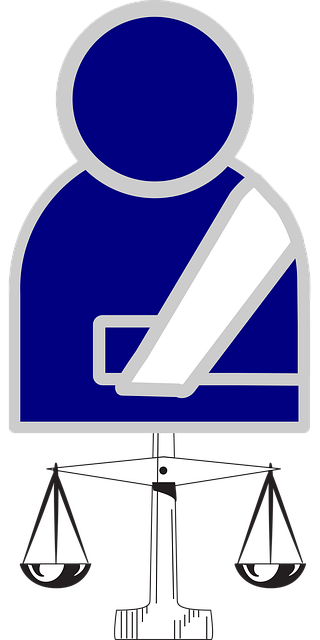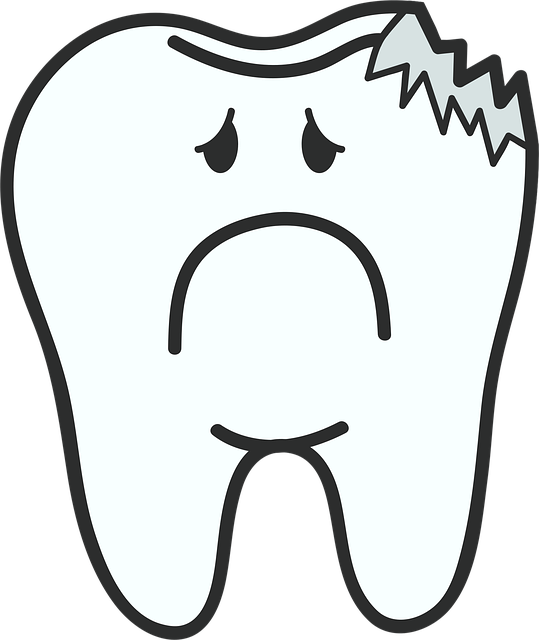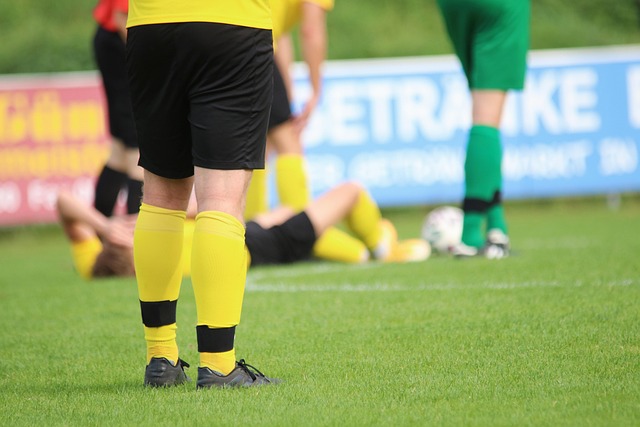Peoria personal injury laws hold accountable negligent parties and provide victims with recourse for medical expenses, pain and suffering, lost wages, and reduced quality of life. Understanding recoverable damages and key steps—from evidence gathering to legal guidance—simplifies navigating complex Peoria personal injury claims within Arizona's one-year statute of limitations.
In the event of a personal injury in Peoria, understanding your rights and options is crucial. This article serves as your comprehensive guide to navigating the complexities of Peoria personal injury law. We’ll delve into how to determine liability, explore the various types of compensable damages available to victims, and provide a step-by-step breakdown of the legal process to help you claim the compensation you deserve.
- Understanding Personal Injury Law in Peoria
- Types of Compensable Damages for Victims
- Navigating Legal Process: Steps to Claim Compensation
Understanding Personal Injury Law in Peoria

In Peoria, personal injury law plays a pivotal role in compensating individuals for harm caused by another party’s negligence or intentional actions. When someone suffers an injury due to a preventable accident, they may have grounds to seek legal recourse under Peoria’s jurisdiction. This involves understanding the legal principles governing liability and damages.
Personal injury cases in Peoria follow specific legal procedures, ensuring fair compensation for victims. These laws cover various incidents, from car accidents and slip-and-fall cases to medical malpractice and product liability. The key lies in establishing fault and demonstrating the extent of injuries sustained, which can result in financial awards for medical expenses, pain and suffering, lost wages, and more. Knowing one’s rights under Peoria personal injury law is essential for victims navigating this complex process towards justice and fair compensation.
Types of Compensable Damages for Victims

When it comes to compensation for personal injuries in Peoria, understanding what types of damages are recoverable is essential. Victims of accidents often face significant financial burdens due to medical expenses, lost wages, and pain and suffering. Peoria Personal Injury law allows for victims to seek reimbursement for these and other related costs.
Medical bills are typically the most apparent and substantial expense in such cases. This includes not only immediate treatment but also ongoing care, rehabilitation, and any required future medical needs directly linked to the injury. Additionally, compensation may be awarded for lost wages if the victim is unable to work due to their injuries, as well as for the loss of earning potential if permanent disability is involved. Pain and suffering, emotional distress, and reduced quality of life are also compensable damages aimed at recognizing the significant impact such injuries can have on a person’s life.
Navigating Legal Process: Steps to Claim Compensation

Navigating the legal process for a Peoria personal injury claim can seem daunting, but understanding the steps involved can help streamline the journey towards compensation. The first step is to assess your injuries and gather evidence – this includes medical records, police reports, and any photographs or videos of the incident. Once prepared, you’ll need to identify the at-fault party and their insurance provider.
Next, it’s crucial to review Arizona’s statute of limitations for personal injury claims, which typically allows one year from the date of the accident to file a lawsuit. You can then initiate the claim by submitting a demand letter outlining your injuries, damages, and the basis for liability. If negotiations fail, or if the insurance company denies your claim, consulting with an experienced Peoria personal injury attorney becomes essential to guide you through the rest of the legal process.
In conclusion, understanding your rights under Peoria personal injury law is crucial for victims seeking compensation. By recognizing the various types of compensable damages and navigating the legal process effectively, individuals can ensure they receive fair and just redress for their injuries. Embracing informed action and consulting with legal professionals are key steps towards achieving a favorable outcome in personal injury claims.
